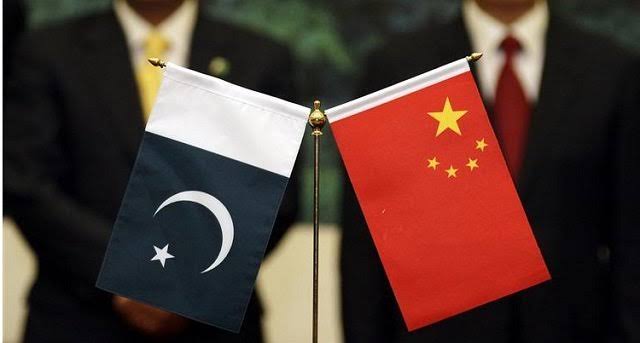SHENZHEN: Pakistan’s Finance Minister Muhammad Aurangzeb has unveiled a strategic plan to tap into the Chinese capital markets through the introduction of the Panda bond, highlighting the country’s potential to harness significant economic opportunities.
Speaking at the “Pak-China Business Forum” in Shenzhen on Wednesday, Aurangzeb emphasized the promising prospects of this initiative. The Pakistani delegation, led by Prime Minister Shehbaz Sharif, arrived in China on Tuesday to explore opportunities for accessing Chinese capital markets and strengthening economic ties.
Aurangzeb pointed to the successful Egyptian model as an example to follow for Pakistan’s entry into the Chinese capital market. He assured attendees that Pakistan’s authorities are in close coordination with Chinese regulatory bodies to ensure the smooth implementation of the Panda bond initiative, which is set to begin in the upcoming fiscal year.
The finance minister highlighted this move as a significant shift in Pakistan’s economic strategy under Prime Minister Sharif’s leadership. He emphasized the importance of agriculture and information technology as key drivers of Pakistan’s economic growth and credited structural economic changes for stabilizing the currency.
Additionally, Aurangzeb reported a decrease in inflation in May, underscoring the country’s economic resilience. He also stressed the role of Special Economic Zones (SEZs) in driving export-led growth and attracting foreign direct investment (FDI). These SEZs are expected to facilitate joint ventures and experience transfers between Pakistani and Chinese businesses.
The conference highlighted increasing foreign investments in Pakistan, signaling growing international confidence in the country’s economic prospects. Aurangzeb attributed these economic improvements to Prime Minister Shehbaz Sharif’s efforts in fostering a conducive environment for growth and development.



